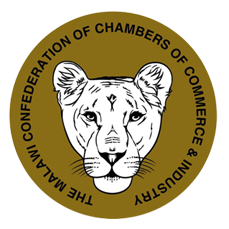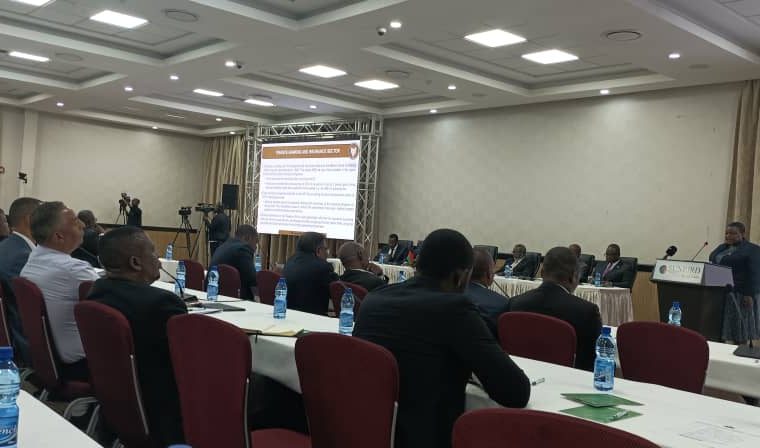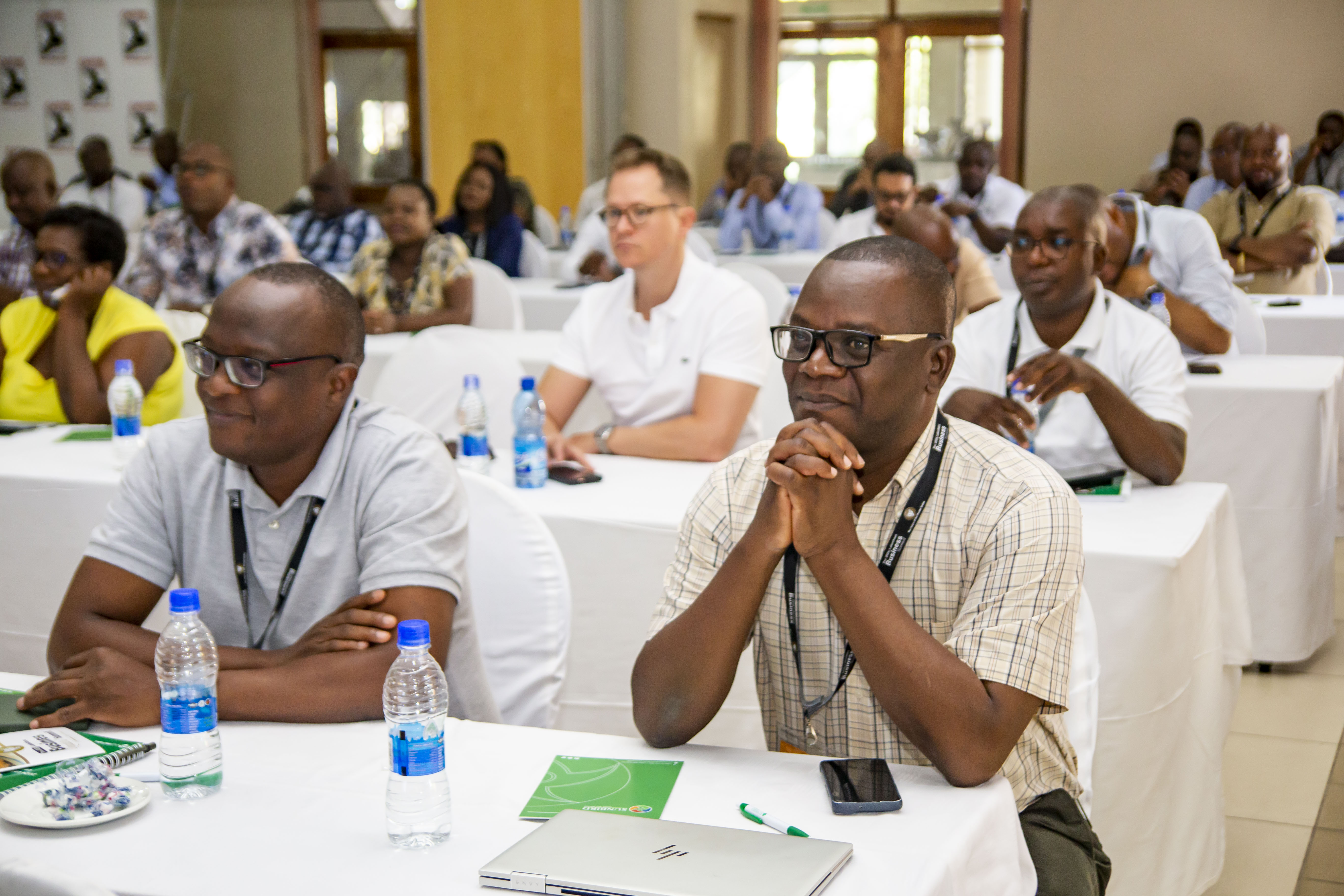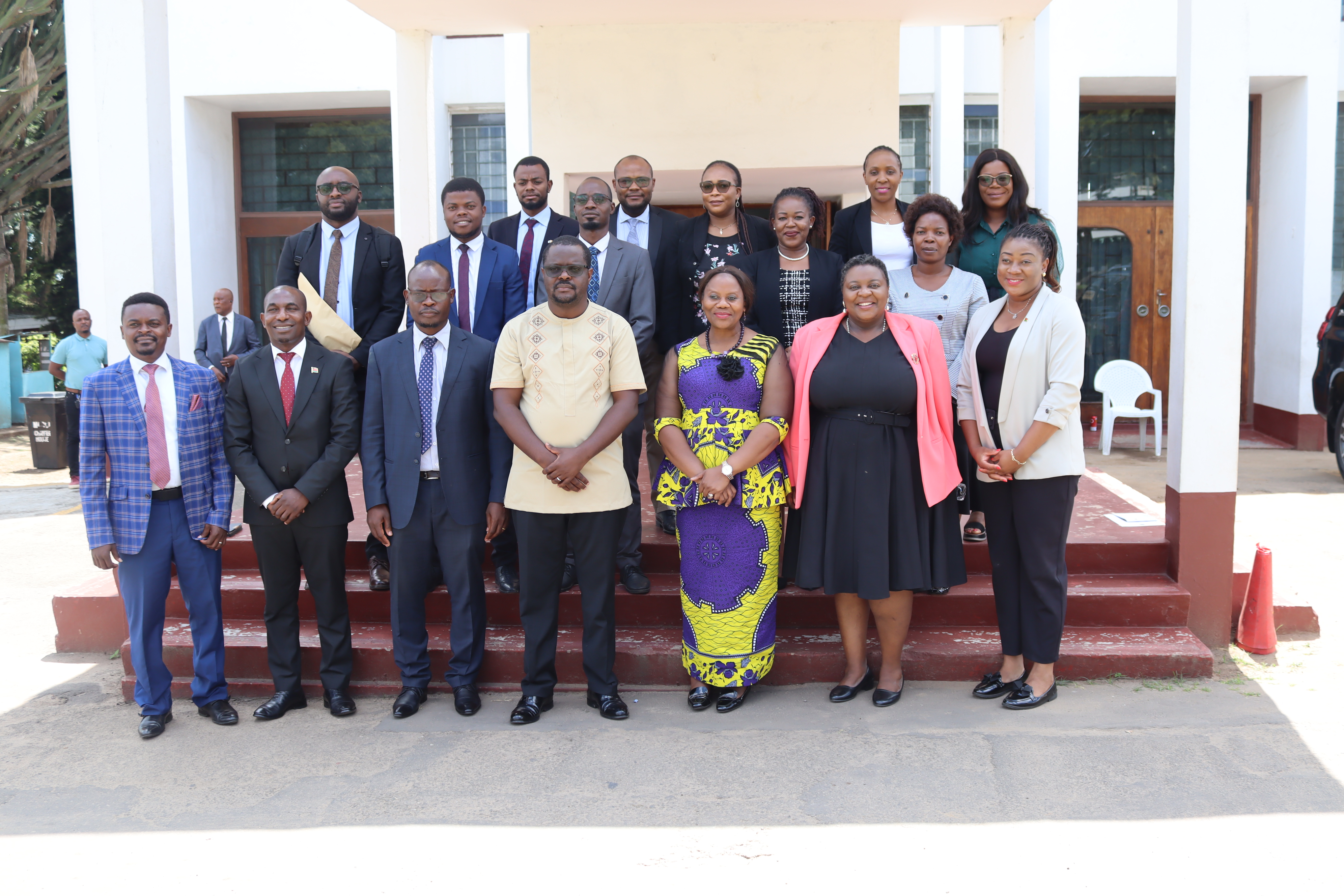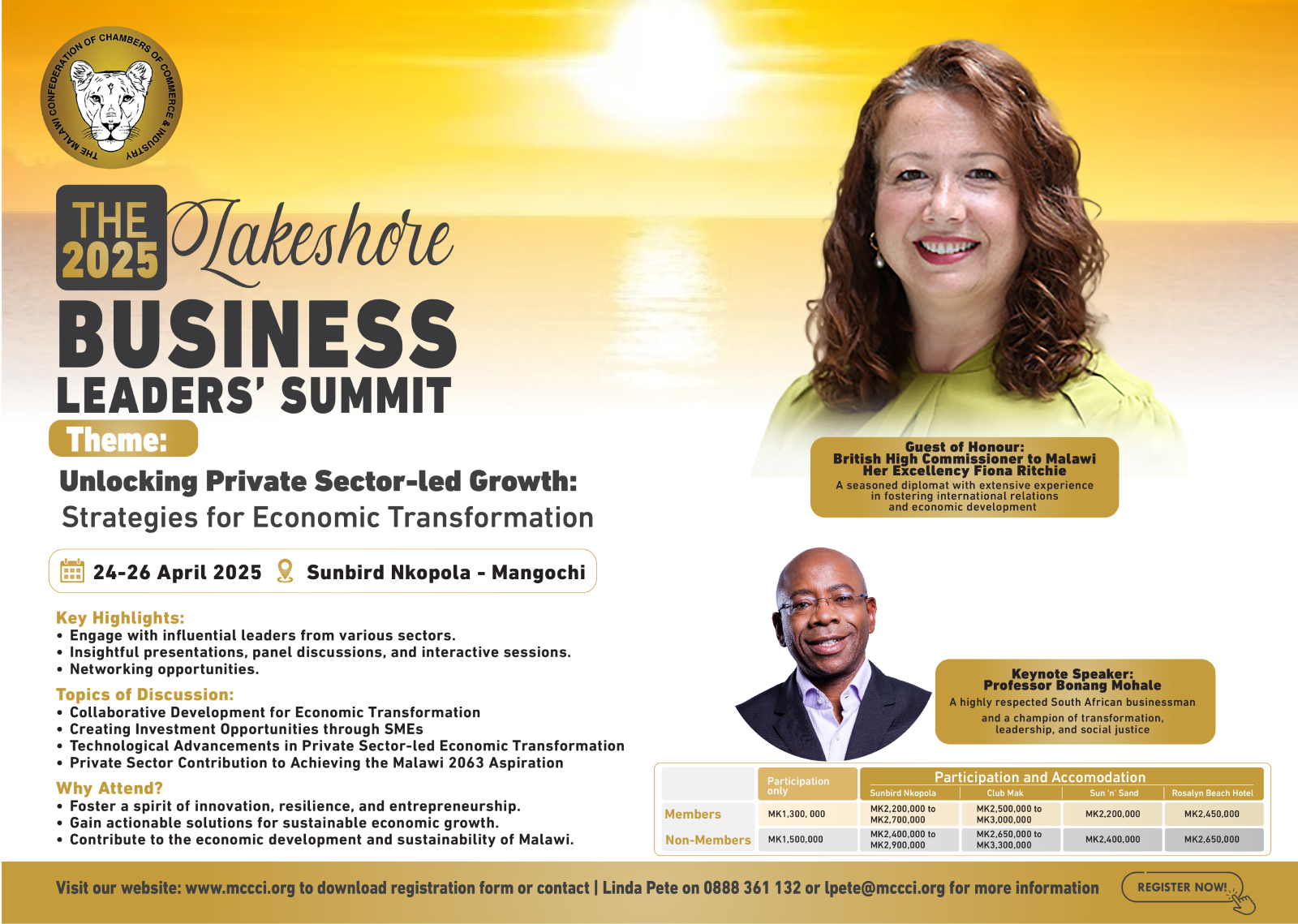Malawi Confederation of Chambers of Commerce and Industry (MCCCI) last Friday delivered a moving presentation during the 2025/26 pre-budget consultations at Sunbird Mount Soche, pressing for a review some tax policies for improved welfare and business environment.
The private sector lobby group asked Treasury to review some of its tax policies to stimulate private sector performance, encourage import substitution and provide a supportive regulatory framework.
In her presentation MCCCI chief executive officer Daisy Kambalame said considering the devaluation of the kwacha and the rising inflation, businesses want the threshold on corporate tax on profits exceeding K10 billion in all sectors to be raised to K30 billion.
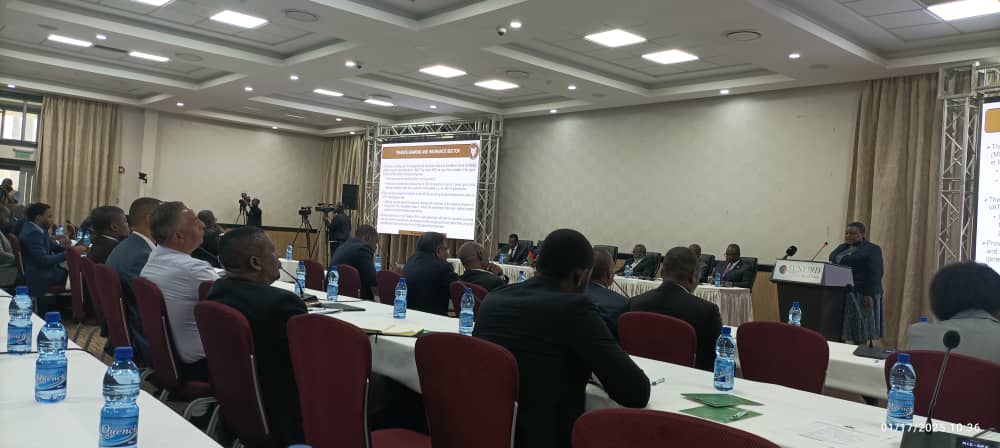
She said: “this is one of the primary tax policies currently hindering substantial investment across all sectors.”
Kambalame also asked Treasury to consider reducing the excise tax on spirits from 110 percent to 60 percent to align with regional counterparts, effectively combating smuggling.
To enhance the competitiveness of Malawi’s local pipe industry, MCCCI also proposed the elimination of the 10 percent domestic excise duty on essential pipes, observing that local manufacturers face a 10 percent excise duty and a 16.5 percent value added tax (VAT), resulting in a compounded tax burden of approximately 28.15 percent compared to the duty-free imports under the incentives.
To improve the information and communication technology (ICT) sector, Kambalame argued that revising the 15 percent non-resident tax charged on the Internet and the 10 percent excise tax charged on data services would go a long way in helping many Malawians have easy access to ICT services.
“According to a survey conducted by MCCCI, 82.9 percent of the businesses their capacity utilisation was below 75 percent, creating a conducive environment for private sector productivity should be a top priority for any economy aiming for stability, as underperformance can disrupt macroeconomic fundamentals,” she said.
On their part, the Institute of Chartered Accountants in Malawi (ICAM) asked government to consider increasing further the tax-free bracket for employees from the current K150 000 to K300 000.
ICAM chief executive officer Noel Zigowa, in his presentation argued that while increasing the threshold would help mitigate inflation effects, reducing the higher end tax rate from the current 35 percent to 30 percent will synchronise it with the corporate tax rate for employees as individuals do not get relief for expenses unlike corporates.
To offset for the lost income, Zigowa said there is need to broaden the tax base.
He said: “The threshold of marginal tax rate for employees needs to be reviewed from K2 550 001 to K6 000 000 per month since they are seen to pay tax at a rate higher than prevailing corporate tax.
“To broaden the tax base, Treasury should consider formalising the informal sector by targeting online businesses, expand presumptive tax band and raise awareness of the available options and introduce some levies for public services like school fees and hospital fees to fund provision of essentials.”
Over the past year, businesses have been grappling with the scarcity of foreign exchange, high inflation, which averaged 32.7 percent in 2024, high cost of borrowing with the policy rate tightened at 26 percent and a low share of private sector credit due to crowding out effect caused by government borrowing to finance budget deficit.
Minister of Finance and Economic Affairs Simplex Chithyola Banda has since indicated that the upcoming budget will continue promoting growth policies guided by implementation plans of the Malawi Vision 2063.
He said government has set a macroeconomic framework for the 2025/26 budget that looks at the macroeconomic targets and monetary policy measures.
